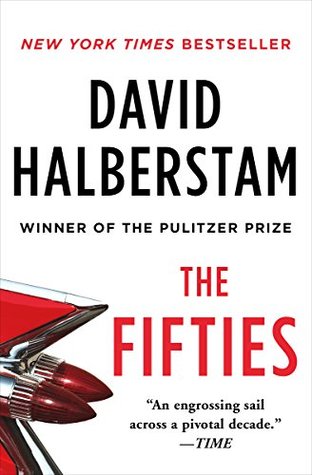BY THE EARLY 1950S the Supreme Court was in chaos, racked, ironically, by long-simmering divisions among the four judges appointed by Roosevelt; if nothing else, the conflict reflected something of the political contradictions and deviousness of the man who had appointed them. The personal squabbles among the four intellectually towering figures—Felix Frankfurter, Robert Jackson, Hugo Black, and William O. Douglas—sometimes seemed more serious than the political ones.
Welcome back. Just a moment while we sign you in to your Goodreads account.


